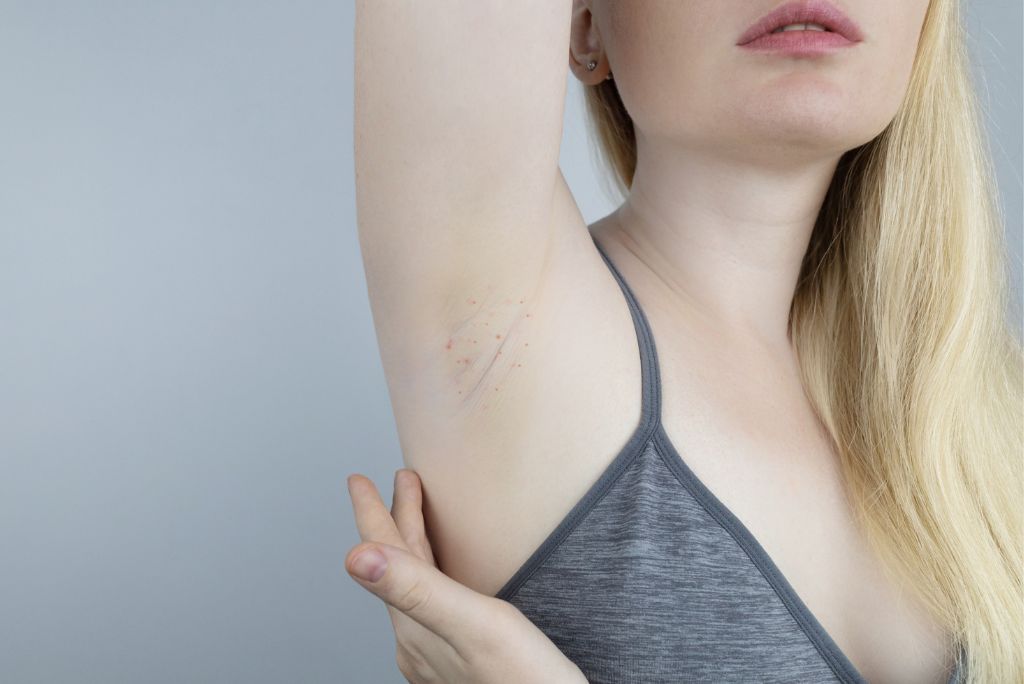Hidradenitis suppurativa (HS) is a chronic skin condition characterized by painful lumps under the skin, primarily in areas where skin rubs together, like the armpits, groin, and under the breasts. Managing HS can be challenging due to its chronic nature and the significant impact it has on patients’ quality of life. However, advancements in treatments and ongoing clinical research offer new hope.
Understanding Hidradenitis Suppurativa
HS is more than just a skin condition; it’s a systemic disease that can lead to severe physical discomfort and emotional distress. The exact cause of HS is still under investigation, but it involves clogged hair follicles, inflammation, and, in severe cases, tunneling wounds. The complexity of HS means that treatment is often multifaceted, aiming not only to manage symptoms but also to address the underlying causes of inflammation.
Current Hidradenitis Suppurativa Treatments
Treatment for HS varies based on the severity of the condition and the individual’s specific symptoms. Current options include:
- Antibiotics: Often used to treat or prevent infections associated with HS.
- Corticosteroids: Injected or applied topically to reduce inflammation and swelling.
- TNF-alpha inhibitors: Biologic drugs that target specific pathways in the immune system to reduce inflammation and prevent flare-ups.
- Surgery: In severe cases, surgical removal of affected skin may be necessary.
While these treatments can be effective for managing symptoms, they often require ongoing adjustment and can have varying degrees of success.
Emerging Hidradenitis Suppurativa Treatments
Recent years have seen significant interest in identifying more targeted and effective treatments for HS. Some of the most promising emerging trends include:
- JAK inhibitors: These oral medications target specific enzymes in the signaling pathways that lead to inflammation, offering a new approach to managing HS.
- Laser therapy: Used to reduce hair follicles in affected areas, laser therapy can help prevent clogged pores and subsequent flare-ups.
- Diet and lifestyle modifications: Increasing evidence suggests that certain dietary and lifestyle changes can help manage HS symptoms, highlighting the importance of a holistic approach to treatment.
The Role of Clinical Research
Clinical research is crucial for advancing our understanding of HS and developing new treatments. By participating in clinical trials, patients can access cutting-edge therapies that are not yet widely available. These studies not only offer hope for individuals living with HS but also contribute to the broader knowledge of how to effectively manage this challenging condition.
Olympian Clinical Research: Leading the Way in HS Clinical Trials
At Olympian Clinical Research, we are at the forefront of clinical research studies focused on hidradenitis suppurativa. Our commitment is to explore innovative treatment options that can offer relief and improve the quality of life for those affected by HS.
Participate in Pioneering HS Research
If you or someone you know is struggling with hidradenitis suppurativa, consider participating in one of our clinical trials. By joining a study, you’ll gain access to the latest treatments and play a vital role in advancing HS research.

Recent Comments